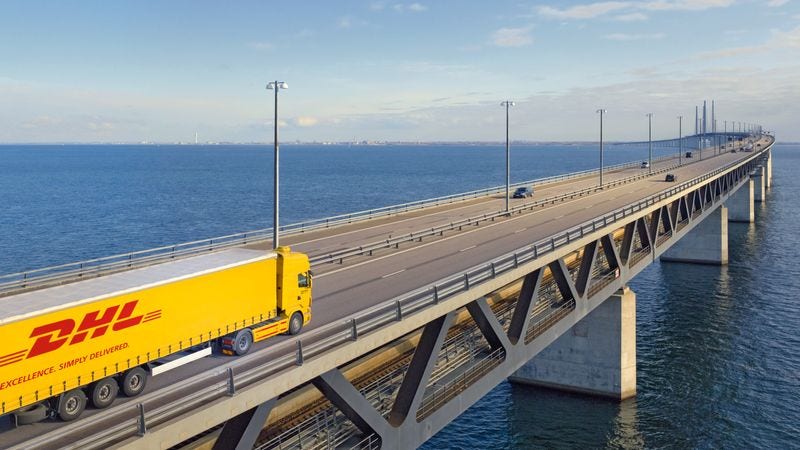
Are you an up-and-coming entrepreneur in Indonesia with an amazing idea for a small business? You have the drive and enthusiasm to make it a reality, but the one obstacle standing in the way of turning your dream into a success is adequate funding.
Obtaining business financing is crucial for establishing a startup in Indonesia, especially since 99.99% of the total business population is made up of small and medium-sized enterprises (SMEs) – according to the Organisation for Economic Cooperation and Development (OECD). With such intense competition, it can be challenging to stand out and make a name for yourself without the necessary financial resources.
But don't worry, we're here to assist you. In this blog, we will cover everything you need to know about the different types of funding.
When to start thinking about funding
It's never too early to begin thinking about funding. In fact, it's best to start planning for it from the beginning. Even if you have enough money to start your business, you should still have a plan for how you will finance future growth. One common mistake that many entrepreneurs make is waiting too long to seek funding. By the time they realise they need more money, it may be too late to secure the funding they need. So start thinking about this aspect early on in your startup journey.
Types of government grants and business loans
Small businesses and startups in Indonesia have access to a range of government programmes and initiatives designed to support their growth and success. Let's take a closer look at some of the most popular funding options:
1. Small and medium-sized enterprises (SMEs) loans
The SMEs loan programme is one of the most popular financing options for new business owners in Indonesia, with many banks offering startup loans to help entrepreneurs start a business. The loan can be used for various purposes, such as purchasing equipment, scaling up the business, or financing working capital. As a flexible and affordable financing solution for small businesses and startups in need of financial support, these low-interest loans help entrepreneurs manage their cash flow and invest in their business's growth.
2. Micro Business and Government Microloan Program (KUR)
The microcredit programme (KUR) in Indonesia is a government initiative aimed at providing affordable and accessible credit to support micro-sized businesses. This programme offers loans with a low-interest rate and a maximum limit of Rp50 million, which can be used for business expansion, working capital, and other business-related expenses. The KUR programme aims to promote entrepreneurship and economic growth by providing financial assistance to those who otherwise might not have access to it.
3. Small & Medium Enterprises and Cooperatives (SMESCO)
SMESCO is a state-owned company that is dedicated to supporting SMEs in Indonesia. The company provides a range of programmes and services to help entrepreneurs grow their businesses, including funding opportunities and access to markets. SMESCO's mission is to drive SMEs in Indonesia to expand their businesses and become more competitive in the global market. Through their various initiatives and services, the organisation provides entrepreneurs with a comprehensive range of support and resources to thrive and remain competitive.


























